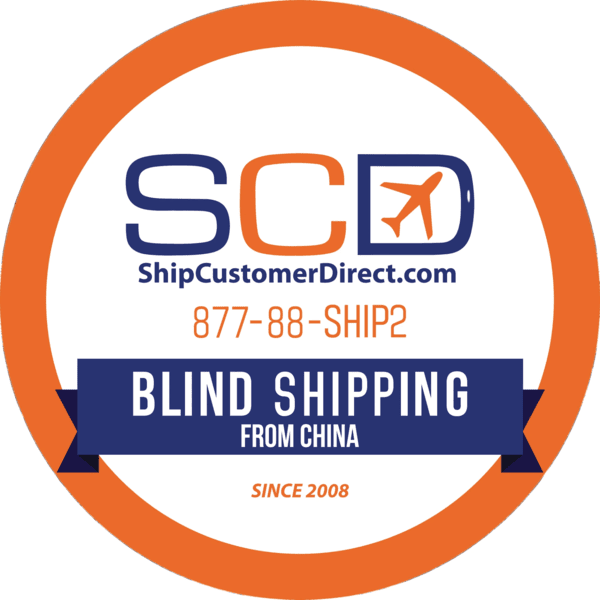De Minimis Is Dead.
By Perry David, Founder – ShipCustomerDirect.com
How does the end of de minimis affect U.S. importers going forward?
The $800 de minimis exemption let importers bypass duties by shipping direct from China to U.S. customers. That door has now closed. U.S. Customs requires full declarations, including HS codes, commercial invoices, and recipient visibility — even for parcels under $800.
For importers, that’s a compliance and exposure crisis because every shipment is declared and entered into the public domain. If your factory ships, your customer’s name is logged beside your supplier in a searchable customs record. That’s not logistics. That’s risk.
What is De Minimis?
"De minimis" refers to the duty-free threshold set by U.S. Customs. Since 2016, shipments under $800 in value could enter the U.S. without duties, taxes, or formal clearance under Section 321. This loophole powered millions of DTC shipments directly from Chinese factories — no duties, no questions asked.
For e-commerce sellers, it was a dream: fast, cheap fulfillment without warehousing or tax overhead. Until now.
What Changed?
Recent enforcement actions by U.S. Customs and Border Protection (CBP) have changed the game:
- HS Codes are now mandatory on all Section 321 shipments
- Recipients and senders are fully logged in CBP systems
- Duty payment required on flagged shipments (e.g., undervaluation or volume triggers)
- Frequent importers are tracked, especially when routing multiple parcels through different entities
De minimis may still exist — but it’s no longer a free pass. Compliance is enforced at the parcel level.
Why This Hurts Warehoused Importers Too
Even if you're not shipping factory-direct, your warehouse operation could still be at risk:
- 3PLs and aggregators who consolidate from Chinese sources are under increased scrutiny
- Dual-invoice practices or misdeclared goods trigger red flags
- Shipping labels and invoices must be accurate — or your customer becomes exposed
If your supplier is listed as sender, your buyer may now appear on a customs record — right next to the manufacturer you worked so hard to shield.
What Visibility Really Means Now
Most importers thought de minimis protected them from duty. In reality, it protected them from visibility.
Now every shipment tells the whole story: shipper, consignee, value, and route.
The question isn’t whether customs sees it. It’s who else might.
Blind shipping isn’t about hiding; it’s about deciding what gets shown.
What Is Blind Shipping? (And Why It Solves This)
Blind shipping hides the original shipper from the final customer and removes the final customer from customs records. When done correctly:
- The commercial invoice lists you as the shipper
- The label shows your U.S. 3PL or brand, not the factory
- Customs sees your business, not the factory or buyer
At ShipCustomerDirect, our blind shipping service includes:
- Full label and document relabeling
- HS code compliance and Section 321 screening
- Address routing and brand protection
- U.S. domestic label print and final-mile dropoff
The result? Your customers see you — not your supplier. And customs sees compliance — not exposure.
Real Example: Wellness Brand vs. CBP Record
Brand A: A wellness company shipping collagen powder uses factory-direct fulfillment. A recent audit revealed their customer names, purchase values, and supplier info in public customs records — searchable by competitors.
Brand B: A competing brand uses ShipCustomerDirect. Goods are routed through our Shenzhen facility, relabeled under the brand’s name, and cleared via compliant Section 321 processes. Their customers remain anonymous. Their suppliers are protected.
The difference is not just compliance — it’s control.
FAQ: De Minimis & Blind Shipping
- Is de minimis still valid?
Yes, but CBP now enforces full compliance. It’s no longer a loophole. - Do I have to pay duties under $800?
Possibly. High-volume importers, misdeclared values, or flagged HS codes can trigger assessments. - Can I still ship factory-direct?
Technically yes — but your customer and supplier info will be visible to regulators, data aggregators, and even competitors. - How does blind shipping protect me?
It removes your supplier and buyer names from customs-facing documents. You stay visible to your customer, but invisible in import records.


